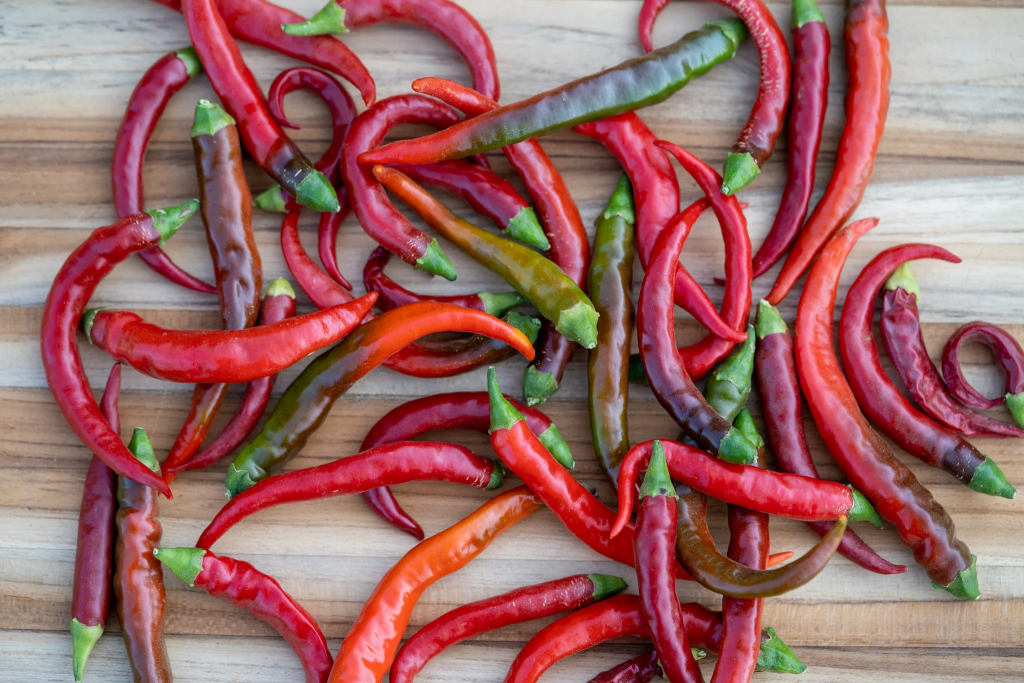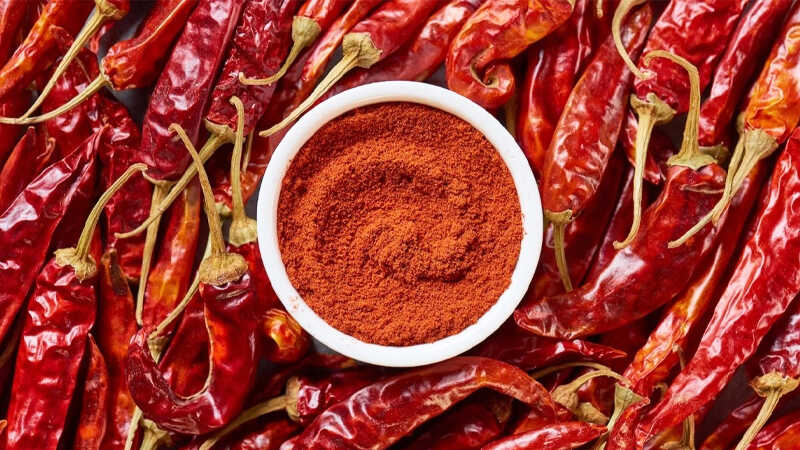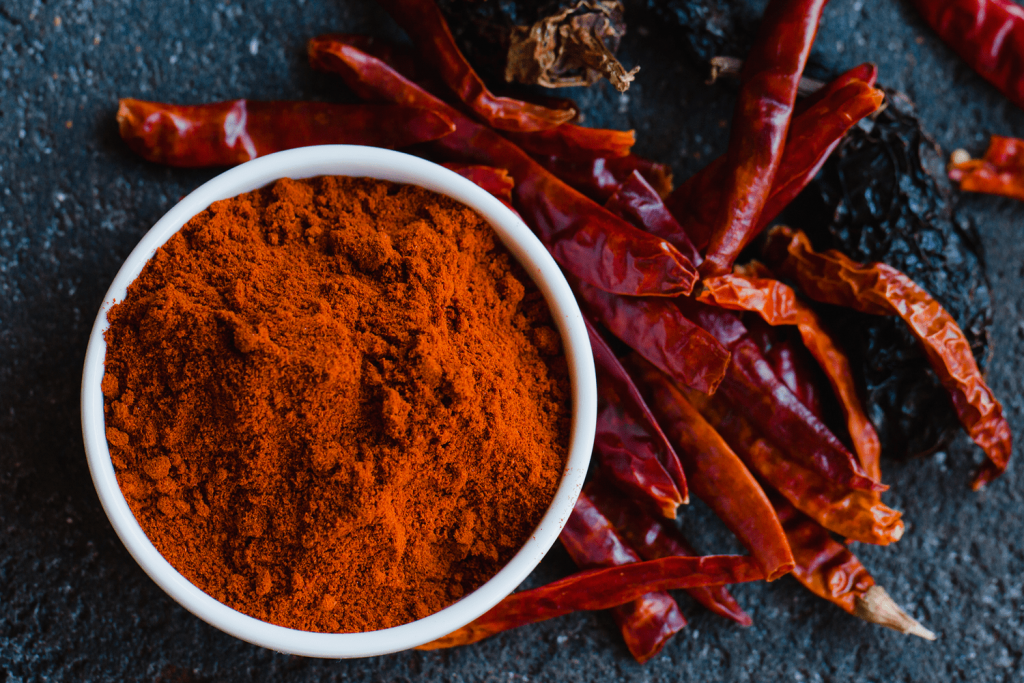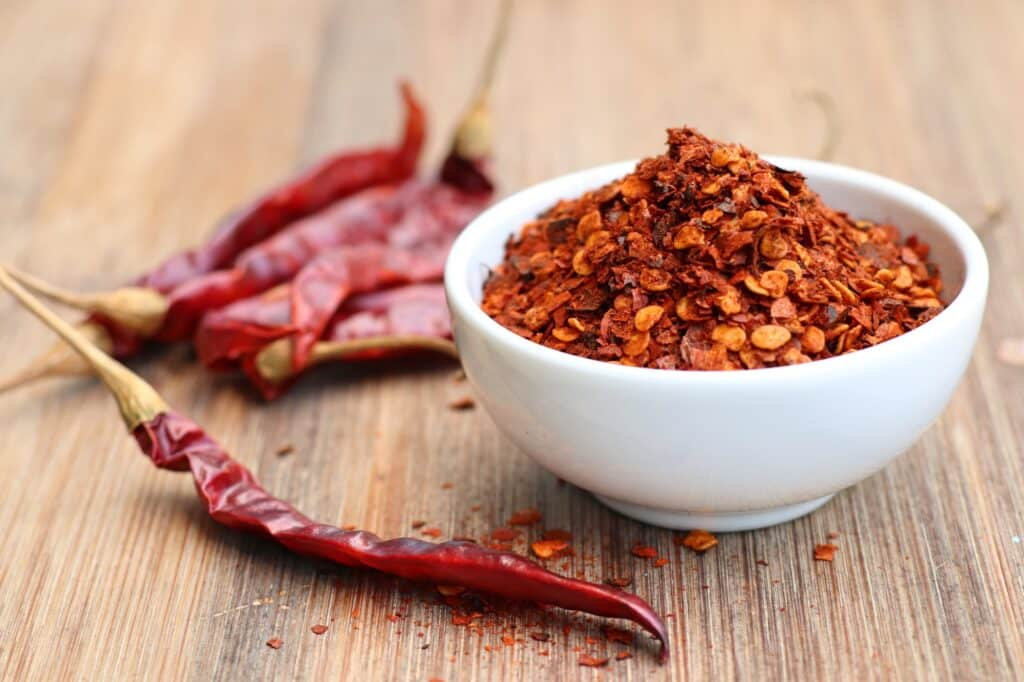Did you know that cayenne pepper, a fiery spice tucked away in most kitchen cabinets, has been used for thousands of years as more than just a flavor enhancer? According to historical records, ancient civilizations including the Mayans and Native Americans valued cayenne for both its culinary punch and its healing properties. Today, science is catching up, with research highlighting capsaicin—the active compound in cayenne pepper—as a powerful agent that may support heart health, metabolism, and even pain relief.
Here’s the catch: while cayenne pepper is often praised for its bold taste in hot wings and chili, very few people truly understand the wide range of health benefits it offers. Some of these perks may surprise you, from its potential to soothe digestion to boosting your energy naturally.
In this article, you’ll discover 13 incredible health benefits of cayenne pepper, backed by tradition, research, and everyday experiences. You’ll also learn practical ways to incorporate it into your diet without overwhelming your taste buds. Whether you’re a spice lover or someone hesitant about heat, you’ll leave with valuable insights on how this red-hot seasoning might play a role in better health.

1. Boosts Metabolism and Supports Weight Management
Capsaicin, the compound that gives cayenne its heat, has been studied for its metabolism-boosting effects. When consumed, it raises body temperature slightly, leading to what scientists call diet-induced thermogenesis. This means your body burns more calories after eating.
A small but consistent increase in calorie expenditure can add up over time, making cayenne pepper a natural companion for weight management. For example, adding half a teaspoon of cayenne to a morning smoothie or sprinkling it on eggs can provide a gentle metabolic push.
2. Supports Digestive Health
Contrary to the belief that spicy foods always upset the stomach, cayenne pepper can actually help stimulate the digestive system. It promotes the secretion of digestive juices and enzymes, which aid in breaking down food.
Many traditional remedies use cayenne to relieve gas, bloating, and indigestion. A warm cup of lemon water with a pinch of cayenne has been a morning ritual for those seeking better digestion and energy throughout the day.

3. May Improve Circulation
Poor circulation can leave you feeling cold, sluggish, or fatigued. Cayenne pepper has long been recognized as a natural circulatory stimulant. It helps widen blood vessels, allowing for improved blood flow and oxygen delivery throughout the body.
In folk medicine, cayenne was sometimes applied externally as a salve to stimulate circulation in sore muscles or cold extremities. While modern medicine takes a more cautious approach, the principle still holds: capsaicin has vasodilating properties.
4. Rich in Antioxidants
Cayenne pepper is packed with vitamins A, C, and E, as well as carotenoids and flavonoids—all of which are known antioxidants. These compounds help protect the body from oxidative stress, which is linked to aging and chronic diseases.
Including cayenne in your meals adds not only flavor but also a boost of protective nutrients. Think of sprinkling a dash over roasted vegetables or into a hearty soup for both taste and wellness.

5. Natural Pain Relief
One of the most researched uses of cayenne pepper is in topical creams for pain relief. Capsaicin works by reducing a neurotransmitter called substance P, which is responsible for sending pain signals to the brain.
This explains why capsaicin creams are often recommended for conditions like arthritis, joint pain, or neuropathy. While eating cayenne won’t provide the same effect, consuming it may still support overall comfort and reduce inflammation.
6. Supports Heart Health
Heart disease remains the leading cause of death worldwide. Emerging studies suggest cayenne pepper may support heart health by improving blood flow, reducing cholesterol buildup, and lowering triglycerides.
Some herbal practitioners also recommend cayenne as part of emergency first-aid kits for its circulatory benefits, though this practice should never replace medical treatment. Still, incorporating cayenne into a balanced diet can be one small, flavorful step toward cardiovascular support.

7. Enhances Nutrient Absorption
Spices like cayenne don’t just bring flavor—they can also enhance the bioavailability of nutrients. For example, pairing cayenne with foods rich in fat-soluble vitamins like A, D, E, and K may improve absorption.
This is why many traditional cuisines combine cayenne with oils, soups, or fatty dishes. The synergy between spice and nutrients ensures the body gets the most out of every bite.
8. May Help Control Appetite
Struggling with overeating? Cayenne pepper may offer a simple solution. Research shows that consuming cayenne can reduce hunger and cravings, helping people naturally consume fewer calories.
In one study, participants who added cayenne to their meals reported greater satiety compared to those who didn’t. Try adding it to hearty stews, salads, or even popcorn to experience the appetite-curbing effect.

9. Immune System Support
With its impressive vitamin C content and antimicrobial properties, cayenne pepper may support immune function. Traditional medicine often used cayenne teas to ward off seasonal colds or flu.
Adding it to your diet during colder months can give your immune system an extra layer of defense. A spicy broth with cayenne, garlic, and ginger is a time-tested home remedy for keeping the sniffles at bay.
10. Clears Congestion and Supports Respiratory Health
Have you noticed how your nose runs after eating something spicy? That’s cayenne pepper at work. Capsaicin helps thin mucus, making it easier to clear congestion from colds or allergies.
This natural decongestant effect explains why many people add cayenne to teas or hot soups when battling seasonal respiratory discomfort. It offers temporary relief while also supporting circulation in the respiratory tract.

11. Balances Blood Sugar Levels
Some studies suggest cayenne pepper may improve insulin sensitivity and help regulate blood sugar levels. This can be especially helpful for individuals concerned about energy crashes or metabolic health.
While it’s not a replacement for medical treatment, sprinkling cayenne into balanced meals could be a supportive measure for stable blood sugar throughout the day.
12. Provides a Natural Energy Boost
Instead of reaching for another cup of coffee, consider cayenne pepper as a natural pick-me-up. Its stimulating effect on circulation and metabolism can leave you feeling more awake and alert.
Some athletes even include cayenne in pre-workout supplements or energy shots to maximize endurance and stamina. A pinch of cayenne in warm lemon water is also a popular energizing morning drink.
13. May Promote Longevity
Cultures that regularly consume hot peppers, such as those in parts of Asia and South America, often show lower rates of chronic disease. While many lifestyle factors are at play, researchers believe capsaicin may contribute to longer, healthier lives by supporting metabolism, circulation, and cellular health.
A large-scale study published in medical journals found that people who ate spicy foods frequently had a slightly reduced risk of premature death compared to those who rarely did. While cayenne pepper isn’t a magic bullet, its regular inclusion in a balanced diet may support longevity.

Quick Reference Table of Benefits
| Benefit | How Cayenne Helps | Practical Tip |
|---|---|---|
| Boosts metabolism | Increases thermogenesis | Add to smoothies or eggs |
| Digestive health | Stimulates digestive juices | Try lemon water with cayenne |
| Circulation support | Expands blood vessels | Use in soups or chili |
| Antioxidants | Rich in vitamins A, C, E, and flavonoids | Sprinkle on roasted vegetables |
| Pain relief | Reduces substance P | Use topical creams with capsaicin |
| Heart health | Improves blood flow, lowers cholesterol | Add to balanced meals |
| Nutrient absorption | Enhances bioavailability of vitamins | Pair with fatty foods |
| Appetite control | Reduces cravings and hunger | Add to stews or popcorn |
| Immune support | High vitamin C and antimicrobial | Add to winter soups and teas |
| Respiratory health | Clears mucus and congestion | Use in broths when congested |
| Blood sugar balance | Improves insulin sensitivity | Sprinkle on balanced meals |
| Energy boost | Stimulates circulation and metabolism | Mix in lemon water before workouts |
| Longevity support | Associated with lower rates of chronic disease | Regular inclusion in diet |
Conclusion
Cayenne pepper is more than just a fiery spice—it’s a powerhouse of potential health benefits. From boosting metabolism and supporting heart health to providing immune defense and even natural pain relief, this humble ingredient deserves a permanent spot in your kitchen.
If you’re not used to spicy food, start small. A pinch here and there is enough to unlock many of its benefits without overwhelming your taste buds. Over time, you might find that cayenne not only adds heat to your meals but also vitality to your lifestyle.
FAQs (Quick Takeaways):
- Is cayenne pepper safe to eat daily? In moderate amounts, yes—but consult your doctor if you have digestive conditions.
- Can cayenne replace medications? No, it should complement but never replace medical treatments.
- What’s the best way to start? Add a pinch to soups, eggs, or warm lemon water and gradually increase.
This article is for informational purposes only and is not a substitute for professional dietary or medical advice. Always consult with a healthcare provider for personal recommendations.




